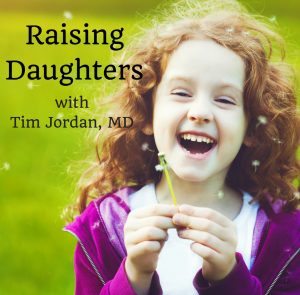I feel so sorry for kids in failing urban school districts; because in a sense they are doomed. This point was brought even further home by an article I read recently written by a woman living in poverty: http://killermartinis.kinja.com/why-i-make-terrible-decisions-or-poverty-thoughts-1450123558. It is poignant, powerful, and sad.
During my training with Dr. T.Berry Brazelton in Boston, I first became acquainted with the sense of despair shared by the above author. I remember seeing kids in the first year of life who were already exhibiting signs of learned helplessness. If they reached for an object and failed to grasp it, a look came over their face that was unmistakeable: “I can’t do this, and I already expect to fail.” Two month olds who had lived with a depressed mother already showed signs of being angry and shutting people out. Preschoolers would enter a room of Doctors and walk around smiling and going quickly from one person to the next in what Dr. Brazelton described as being like ‘prostitutes’. They never made a deep connection with people; they didn’t trust that someone would be there for them and meet their needs. So they got what they could as a sort of survival mechanism, an unhealthy pattern established in toddlerhood.
Think about how that kind of attitude plays out when you enter school in kindergarden. When your language and reading skills are already behind, there are inadequate resources like textbooks and pens and computers, you lack the impulse control and self-discipline required to maintain focused attention, you don’t have the skills or faith to connect meaningfully with others, and many of your teachers came out of this same environment and carry this sense of despair with them, you are really behind the eight ball. And you are five years old!
It is easy to jump to quick, canned judgments about poor people: they don’t care, they’re lazy and unmotivated, they are irresponsible breeders, and they just need to suck it up and pull themselves up by the bootstraps like we did. I wish it were that simple. Dr. Barry Zuckerman showed in his research on babies exposed to crack in-utero, i.e. the famous “crack babies” in the 1980s, that when these babies were placed in supportive, healthy homes, most ended up doing just fine. The ones who remained with their parents didn’t fair nearly as well. He dubbed this phenomenon ‘Double Jeopardy’, meaning that one single factor like drug exposure wasn’t predictive of bad outcomes for children. It was the combination of influences that mattered. Thus, babies who were exposed to crack in-utero who also had moms who were depressed, who lacked education, and who lived in poverty were the ones who had the worst outlooks. And many parents who live in poverty have undiagnosed and untreated mental health problems that severely impact their ability to function.
Learned helplessness and learned hopelessness is a tough nut to crack, especially when it has been passed down through several generations. But we can’t give up, because it is the future of innocent children that is at stake here. And whether we like it or not, how we deal with our most vulnerable citizens is a reflection of what we as a nation value and hold dear.
As I look forward to Thanksgiving this year, I am especially grateful for my childhood. My parents and upbringing weren’t perfect, but I received the support, resources, and start I needed to be able to create the opportunities I have today. I wish it were so for all children.